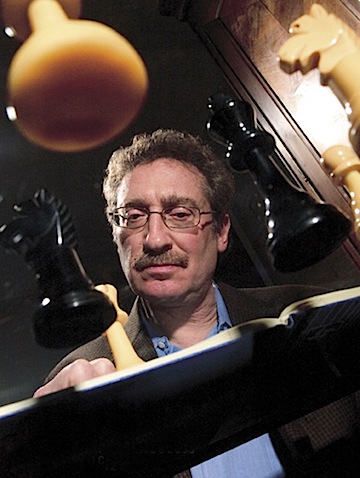
For more than thirty years now, I have had the privilege of teaching all kinds of health care providers, as well as the general public. I discovered long ago that just giving people the answer was a recipe for disaster. Worse yet, expecting them to learn by sitting quietly and watching me, was mind numbingly tedious for all of us. So I was interested to hear what a famous chess coach had to say. This is the fellow who was played by Ben Kingsley in the lovely movie, Searching for Bobbie Fischer.
“My lessons consist of a lot of silence. I listen to other teachers, and they’re always talking. I let my students think. If I do ask a question [why are you making that move?] and I don’t get the right answer, I’ll rephrase the question -and wait. I never give the answer. Most of us really don’t appreciate the power of silence. Some of the most effective communication -between student and teacher, between master players – takes place during silent periods.”
–Bruce Pandolfini (American Chess Coach and Author, 1948-)
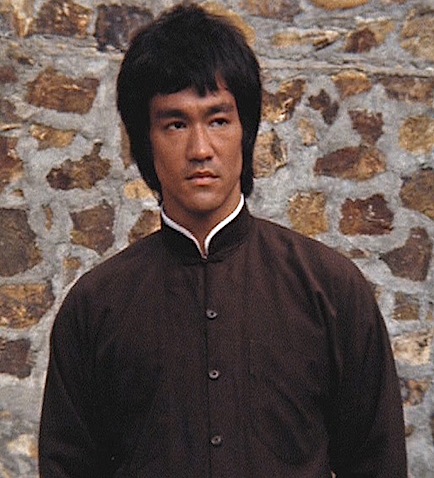
“I have come to discover through earnest personal experience and dedicated learning that ultimately the greatest help is self-help; that there is no other help but self-help — doing one’s best, dedicating oneself wholeheartedly to a given task, which happens to have no end but is an on-going process.”
–Bruce Lee (Chinese-American Martial Artist, Actor, Director and Author, 1940-1973)
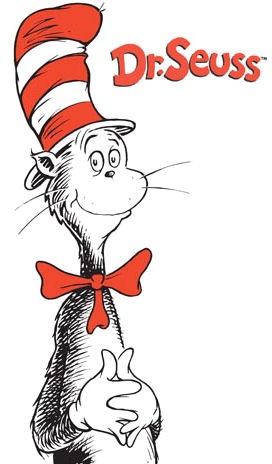
“I like nonsense, it wakes up the brain cells. Fantasy is a necessary ingredient in living.”
–Dr. Seuss (a.k.a. Theodore Geisel, American Writer and Illustrator, 1904-1991)
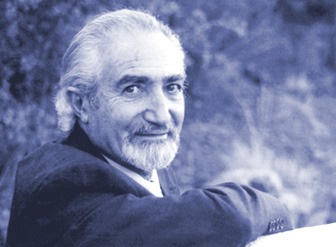
“Joy is a great purifier. It burns away many polluted currents trying to reach us.”
–Torkom Saraydarian (Armenian-born American Spiritual Teacher, Musician and Writer, 1917-1997)

“Irritation: The Destructive Fire” (Torkom Saraydarian)
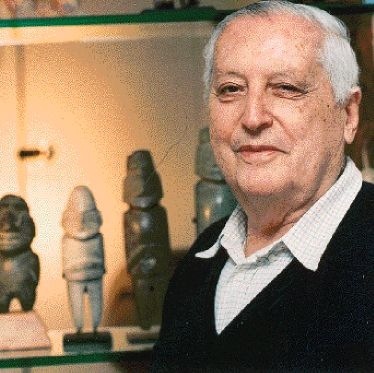
“The more we know about our universe, the more difficult it becomes to believe in determinism.”
–Ilya Prigogine (Russian-born Belgian Physical Chemist, and, in 1977, Winner of the Nobel Prize in Chemistry, 1917-2003)
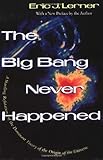
“The Big Bang Never Happened: A Startling Refutation of the Dominant Theory of the Origin of the Universe” (Eric Lerner)
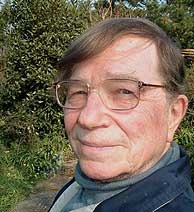
“Faculty X is simply that latent power in human beings possess to reach beyond the present. After all, we know perfectly well that the past is as real as the present, and that New York and Singapore and Lhasa and Stepney Green are all as real as the place I happen to be in at the moment. Yet my senses do not agree. They assure me that this place, here and now, is far more real than any other place or any other time. Only in certain moments of great inner intensity do I know this to be a lie. Faculty X is a sense of reality, the reality of other places and other times, and it is the possession of it — fragmentary and uncertain though it is — that distinguishes man from all other animals.”
–Colin Wilson (English Novelist and Writer on Philosophy, Sociology and the Occult, 1931-)

“The Occult” (Colin Wilson)
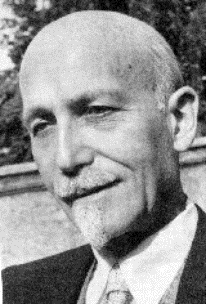
“The teaching that the Quest cannot and should not be separated from life in the world is a sound one.
Therefore, it is part of philosophy and is not some eccentric enterprise to be undertaken by those who wish to escape from the world, or who, being unable to escape, consider themselves as belonging to a class apart from others in their environment – superior to them, different from them, and holier than them. They also come to consider the Quest as an artificial system of living, devoid of spontaneity and naturalness – something to be labored at by making themselves abnormal and inhuman. One of the consequences of this attitude is that they tend to overlook their everyday responsibilities and thus get into difficulties. Philosophy has consistently opposed this tendency. Unfortunately, in the reaction from it, there has arisen a fresh confusion in the minds of another group of students who do not understand the beautiful and adequate balance which true philosophy advocates. These students, swayed by such teachers as Krishnamurti, become so enthused by the notion of making spiritual progress through learning from experiences and action alone that they follow Krishnamurti’s advice and throw away prayer, meditation, and moral striving, as well as study under personal teachers. This limits them to a one-sided progress and therefore an unbalanced one. Total truth can only be got by a total approach; as Light on the Path points out, each of these forms of approach is but one of the steps and all steps are needed to reach the goal.
The whole of his being must be involved in the effort if the whole of truth is to be found. Otherwise the result will be emotional alone, or intellectual alone, or adulterated with egoistic ideas and feelings.”
–Paul Brunton (a.k.a. Raphael Hurst, English Philosopher, Traveler, Spiritual Teacher and Author, 1898-1981)
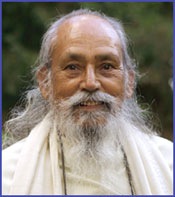
“Your body is the temple of your soul. Your soul is God’s temple.”
–Baba Hari Das (Indian-born Yogin and Silent Spiritual Teacher, 1923-)
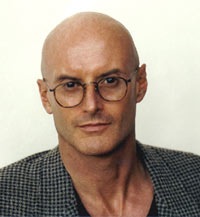
“Organismic awareness is what we, on the Ego Level ordinarily, but clumsily, refer to as seeing, touching, tasting, smelling and hearing. But in its very purest form, this “sensual awareness” is non-symbolic, non-conceptual, momentary consciousness. Organismic awareness is awareness of the Present only you can’t taste the past, smell the past, see the past, touch the past, or hear the past. Neither can you taste, smell, see, touch or hear the future. In other words, organismic consciousness is properly timeless, and being timeless, it is essentially spaceless. Just as organismic awareness knows no past or future, it knows no inside or outside, no self or other. Thus pure organismic consciousness participates fully in the nondual awareness called Absolute Subjectivity.”
–Ken Wilber (American Philosopher, 1949-)
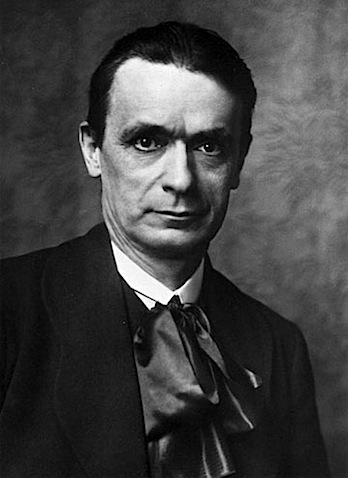
“Materialism can never offer a satisfactory explanation of the world. For every attempt at an explanation must begin with one’s forming thoughts about phenomena. Thus, materialism starts with the thought of matter or of material processes. In so doing, it already has two different kinds of facts on hand: the material world and thoughts about it. Materialism attempts to understand the latter by seeing them as a purely material process. It believes that thinking occurs in the brain in the same way as digestion occurs in the animal organism. Just as it ascribes mechanical and organic effects to matter, materialism also assigns to matter the capacity, under certain circumstances, to think. But it forgets that all it has done is to shift the problem to another location. Materialists ascribe the capacity to think to matter rather than to themselves. And this brings them back to the starting point. How does matter manage to think about its own existence? Why does it not simply go on existing, perfectly content with itself? Materialism turns aside from the specific subject, our own I, and arrives at an unspecific, hazy configuration: matter. Here the same riddle comes up again. The materialist view can only displace the problem, not solve it.”
–Rudolf Steiner (Croatian-born Austrian Mystic, Occultist, Social Philosopher, Architect and Founder of Anthroposophy, 1861-1925)
The Philosophy of Freedom, a.k.a. The Philosophy of Spiritual Activity (1921), a.k.a. Intuitive Thinking as a Spiritual Path (1995)

“Intuitive Thinking As a Spiritual Path: A Philosophy of Freedom (Classics in Anthroposophy)” (Rudolf Steiner)
« Previous Page — Next Page »




















